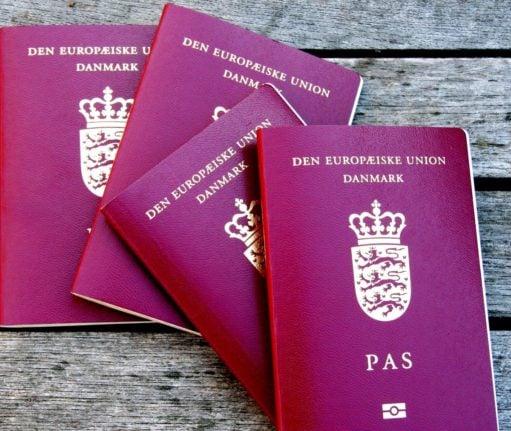If you are born in Denmark to two non-Danish parents, you don’t automatically become a Danish citizen.
While children can become Danish citizens if their parents naturalise, this does not happen in all cases and is not always possible if the parents don’t meet Denmark’s citizenship criteria.
That means many young people, who often have not lived in any other country, cannot become citizens, with all the democratic and other rights this entails, until they reach adulthood.
At this time, they are generally subject to the same rules as people who moved to Denmark as adults – which can actually make it harder for them to meet criteria than for those who moved to Denmark later in life.
According to figures from Statistics Denmark, reported in 2021 by the broadcaster DR, some 54,000 children and teenagers and 19,000 adults who were born in Denmark are not citizens of the country.
The rules for qualifying for citizenship in Denmark are some of Europe’s strictest. A string of criteria related to length of residence, financial self-sufficiency, language and cultural knowledge, employment history and criminal records are applied to applicants for naturalisation.
READ ALSO:
- How to apply for citizenship in Denmark
- How can children born in Denmark to foreign parents get Danish citizenship?
- EU Court says Denmark can strip citizenship of adults born and raised abroad
- Danish-born non-citizens call for change to country’s citizenship rules
The requirements for language skills and minimum length of residence can normally be met by young people who grew up in Denmark, but the employment requirement often stands in the way of their claims to Danish nationality when applying after the age of 18.
This is because a certain number of years of employment in Denmark are required to be eligible for citizenship. Education does not count towards this, meaning young people who have lived and attended school in Denmark throughout their youth often fail to meet the criteria.
How do the employment criteria work?
In general, an applicant for citizenship must have worked or been self-employed for three and a half of the last six years to meet the employment criteria (beskæftigelseskravet) for naturalisation (retired people can be exempted). They must also be in full-time work at the time their application is approved, a process that takes place via parliamentary bill.
In general, education does not count towards the required three and a half years (there are some exceptions for practical components of education programmes).
So if someone applies, for example, as a university student aged 21, they are very unlikely to meet the employment criteria. That will also be the case if they were born in Denmark, grew up there and have lived in the country for nine years or more.
Changes to the citizenship rules adopted in 2021 allow people aged 22 or under, who moved to Denmark before the age of 8, to apply for dispensation from the employment criteria. The immigration ministry encourages such applicants to “include a letter of motivation” in their application, outlining “the background for your desire to have Danish citizenship and the reason for your failure to meet the employment requirement”, as well as documentation for things like education history and voluntary work.
Campaigners have called for time spent in education to be given equivalence to full-time work in citizenship claims, but this does not currently have government backing.
Does a child born to foreigners need a residence permit?
If you are a child born in Denmark by foreign national parents, you need to apply for a residence permit.
The requirements for qualifying for a residence permit are more relaxed than for children born abroad. The child needs to either be registered as a family member to an EU citizen if under the age of 21, or registered under family reunification if the parents are not EU citizens.
The child’s residence permit will expire when the parent’s residence permit expires and can also be extended with the parent’s permit. It is also possible for the child to obtain a permanent residence permit from age 18 by meeting the more lenient requirements.
It is worth noting that it is also a requirement to be a permanent resident of Denmark when you apply for citizenship. You must normally have held permanent residency for at least two years.
Children of foreigners in Denmark may not always have had permanent residency if their parents do not have it, and can therefore also fail to meet citizenship requirements based on this criteria.



 Please whitelist us to continue reading.
Please whitelist us to continue reading.
Member comments